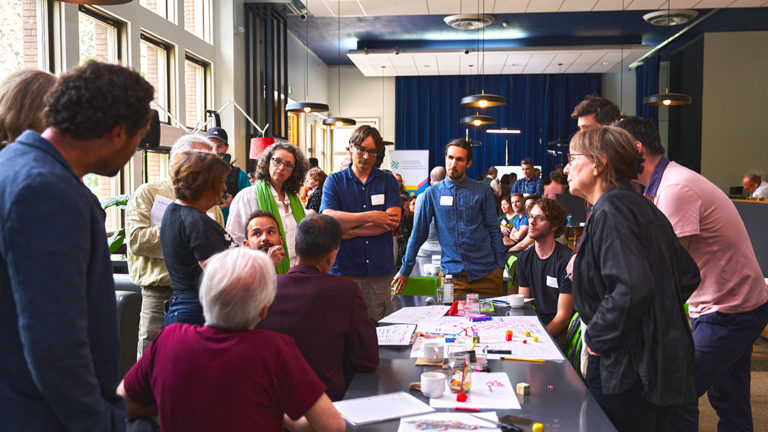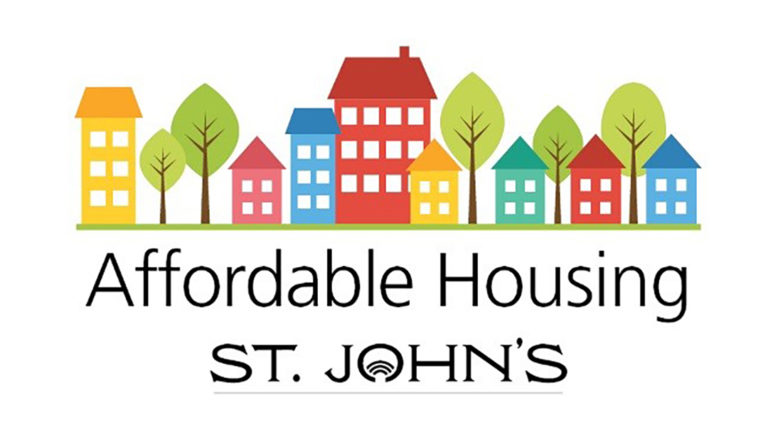Growth

Centre staff at events across the country
It’s been a busy fall for Centre staff! From coast to coast, we’ve been attending events and meeting with people from across Canada’s community housing sector. Here are some of […]

Nova Scotia’s community housing sector consolidates by forming a non-profit housing association
On October 27, 2022, leading representatives of Nova Scotia’s non-profit housing sector have committed to forming the Nova Scotia Non-Profit Housing Association (NSNPHA). The two years of work leading up […]

Watch: Community Housing Growth Fund launches in Nova Scotia
There’s a new tool to help Nova Scotia’s non-profit and co-operative housing sector to grow larger and stronger. The Community Housing Growth Fund (CHGF), funded by the Government of Nova […]

Plancher: a plan for affordable housing in Quebec
Les activités entourant la démarche Plancher vont bon train. Plus de 35 partenaires incluant des institutions financières, des regroupements du milieu des OBNL et des coopératives ainsi que des municipalités […]

The Centre invited to the table of the Chantier Montréal abordable
Le Centre est heureux de participer aux travaux du Chantier Montréal abordable. Le directeur général, Stéphan Corriveau, représentera l’expertise du Centre à l’exercice de concertation et d’intelligence collective réunissant plusieurs […]

Newfoundland and Labrador: The Centre and the City of St. John’s help increase the supply of affordable housing
The Centre is excited to partner with the City of St. John’s to increase the availability of community housing in the city through the Housing Catalyst Fund. This year $110,000 […]

The Plancher Project is officially launched!
Watch the video here
Over 250 people representing more than 150 organizations registered to attend the launch of the Plancher Project. If you missed the event, you can watch the video recording and we invite you to share it in your networks.

2022 Federal Budget in the eyes of the Centre

Social trusts, a revolutionary tool for housing in Quebec
In addition to the basic challenge for the community housing sector of providing decent, safe and affordable housing for all, it must be able to withstand economic pressures and maintain […]